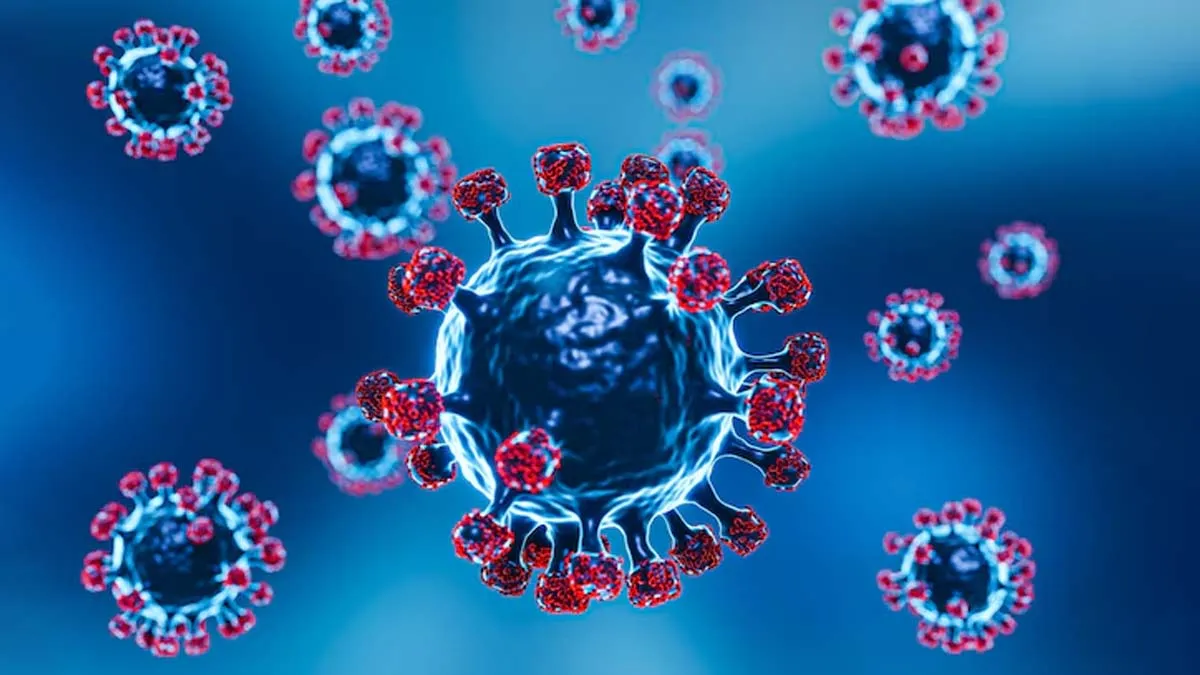
A 49-year-old woman from Kolkata, West Bengal, was recently diagnosed with human coronavirus HKU1, a lesser-known strain of the virus that affects the respiratory system. She was admitted to RN Tagore Hospital after suffering from a persistent fever for 15 days. Dr Arindam Biswas, the treating physician, confirmed that while she initially showed signs of secondary pneumonia, further testing identified the HKU1 strain. "There is no travel history for the patient. This is not related to SARS-CoV-2, but it is another strain of coronavirus, HKU1," he stated. The woman is currently stable and responding well to treatment. Human coronavirus HKU1 is different from COVID-19 and is usually associated with common cold-like symptoms. However, it can become severe in individuals with weak immunity. We spoke to Dr Harish Chafle, Senior Consultant Intensivist, Chest Physician, Bronchoscopist, and Sleep Disorders Specialist at Gleneagles Hospital, Parel, Mumbai, to learn more about the virus. Here’s everything you need to know about this virus, its symptoms, causes, and treatment.
Human coronavirus HKU1 is a respiratory virus that primarily affects the lungs and airways. It was first identified in 2005 and is one of several coronaviruses that cause mild to moderate respiratory infections. It spreads through direct contact with an infected person, respiratory droplets from coughing or sneezing, or touching contaminated surfaces. Dr Chafle warns, "People with weakened immunity, such as the elderly and those with pre-existing conditions, are at a higher risk of severe complications."

The symptoms of HCoV-HKU1 are quite similar to those of the common cold or flu. They include:
Dr Biswas notes, "Severe infections are more common in adults or those with weaker immunity." While many people recover within a few days, the virus can lead to serious respiratory issues in individuals with underlying health conditions.
The human coronavirus spreads mainly through:
Dr Chafle emphasises, "Frequent hand washing and avoiding contact with infected individuals are key preventive measures."

Currently, there is no specific antiviral treatment for HCoV-HKU1. Most people recover with rest, hydration, and over-the-counter medicines for symptom relief. In severe cases, hospitalisation may be required for oxygen support or additional care.
Doctors recommend to do the following if you’re diagnosed:
Don't Miss: HMPV Impacts Vision Health? Expert Shares 4 Major Insights You Should Know About
While human coronavirus HKU1 is not as widely known as COVID-19, it can still cause serious respiratory infections, especially in those with weak immunity. If you experience persistent fever, cough, or breathing difficulties, consult a doctor immediately.
Image Credits: Freepik
If you liked this story, then please share it. To read more such stories, stay connected to HerZindagi.
Also watch this video
Herzindagi video
Our aim is to provide accurate, safe and expert verified information through our articles and social media handles. The remedies, advice and tips mentioned here are for general information only. Please consult your expert before trying any kind of health, beauty, life hacks or astrology related tips. For any feedback or complaint, contact us at compliant_gro@jagrannewmedia.com.